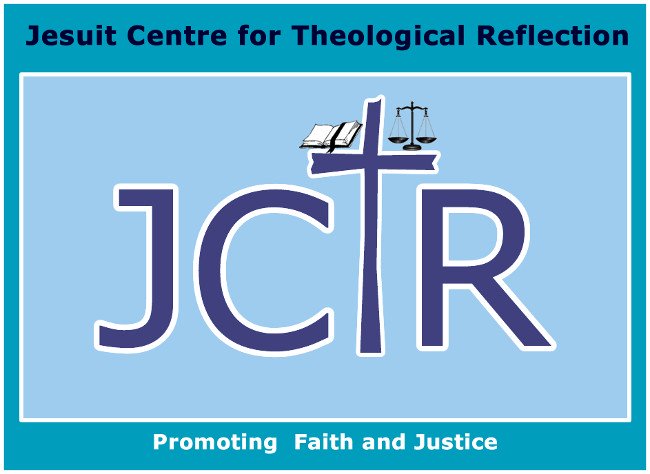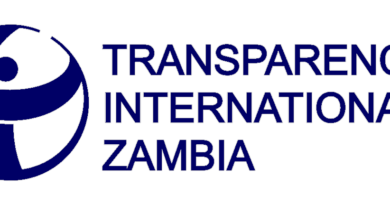WILL ZAMBIA’S RESCHEDULED DEBT REDUCE THE COST OF LIVING?
Zambia’s debt crisis has been a major concern for the citizens as it led to an unprecedented rise in the cost of living, impacting the value of the Kwacha and making basic necessities unaffordable for many. However, there is a glimmer of hope as the ruling UPND government successfully reached a debt restructuring agreement with its official creditors in June of this year. The deal allows Zambia to restructure its debt, including $1.3 billion in arrears, over a 20-year period, with the first three years being a grace period where only interest payments are due.
The debt rescheduling agreement, amounting to $6.3 billion, is a breakthrough for the indebted nation. It provides the country with the opportunity to focus on economic recovery and growth through its development agenda. The hope is that this restructuring may bring some relief to ordinary Zambians by potentially reducing the cost of living in the medium term.
Zambia’s debt burden has been a significant obstacle for the government, making it difficult to invest in infrastructure and social spending for the large population living below the poverty line. With the rescheduled debt, the government now has the flexibility to allocate resources towards these crucial areas, ultimately leading to improved livelihoods for the people.
Moreover, the debt rescheduling may also have a positive impact on the Zambian Kwacha, which has been under immense pressure due to the debt distress and fiscal uncertainties. A stabilized currency could lead to lower inflation and more affordable prices for goods and services, potentially alleviating the burden on households.
However, it is essential to acknowledge that the debt rescheduling agreement does not completely resolve Zambia’s economic challenges. The country still faces significant structural and administrative issues that need to be addressed to achieve sustainable economic and development goals during the grace period. Enhancing productivity, value addition to resources, and tackling issues of debt management and corruption remain critical tasks for the nation.
The government’s commitment to reducing debt levels, implementing economic reforms, and fighting corruption will play a crucial role in the success of the debt rescheduling. If these commitments are not followed through, the country may find itself in a similar or even worse situation in the future.
The path towards a just Zambian society guided by faith and where everyone enjoys the fullness of life is not without its challenges. However, with prudent economic decisions and collective efforts, Zambia can strive for a brighter future for its citizens.



